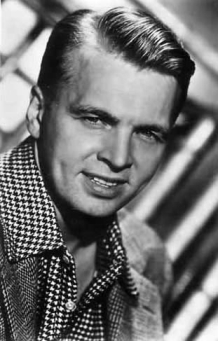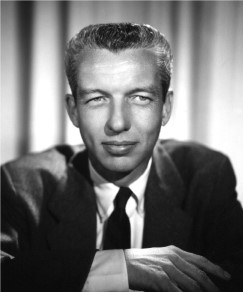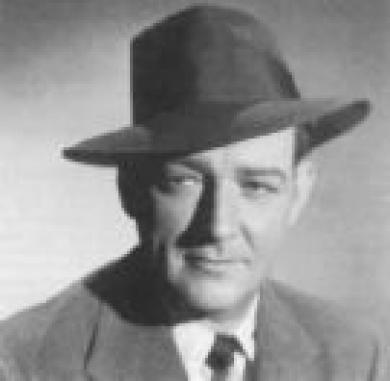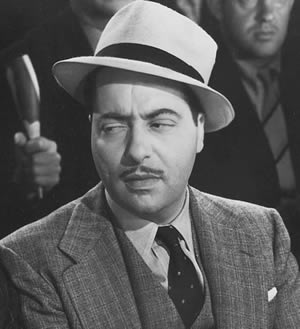In this Third Volume of the Father Brown Mysteries, Colonial Radio Theatre takes the stories from The Incredulity of Father Brown and the Scandal of Father Brown, two of the latter collection. Colonial an admirable job with the source material:
“The Oracle of the Dog”: A man is killed in his summer house and the strange behavior of a dog is seen as a key clue. Colonial had to do some work on this story as an adaptation. In the original Chesterton story, Father Brown doesn’t visit the scene of the crime, but rather solves the case based on clues given him by someone else. Thus, it came off as more of Chesterton’s criticism of literary treatment of canines in murder mysteries. Thanks to Colonial, this story comes alive while still getting Chesterton’s point across.
“The Miracle of Moon Crescent”: In America, Father Brown warns four skeptics of that a well-known in millionaire is in danger after telling a story of his encounter with a superstitious Irishmen. They scoff at him, but when the millionaire is found murdered with no reasonable scientific or psychological solution presents itself, the skeptics begin to doubt themselves and begin to consider a supernatural solution. J.T. Turner did a great job writing the adaptation and captured the subtleties of the satirical elements of the story. The only thing that marred this one was that the accents seemed quite a bit off. Still, a worthwhile presentation of a great story.
“The Green Man”: A wealthy admiral is found murdered in full dress uniform by two golfers and it’s a classic whodunit. The story begins in medias res with Father Brown speaking to one of the suspects before the final denoument, a kind of interesting twist. The story is standard whodunit fare handled quite capably by Colonial.
“The Quick One”: A classic story of murder in a hotel bar of a a Tory curmudgeon. Father Brown insists that that the key to the case is finding an unknown man who stopped in for a drink and didn’t even bother to finish it. (i.e. The quick one.) The mystery was well and faithfully adapted. A couple weeks ago, I criticized the British TV version for trying to mitigate Father Brown’s views of the deceased as a heroic figure who was the one of the last men who could have saved England. Colonial avoided any revisionism in that regards. In one way, they actually improved on Chesterton with an edit. They moved a line that Father Brown delivered in the middle of the original story to the end when Father Brown was talking to his policeman companion on a train. Where it was originally written, it kind of seemed like rambling dictum that readers could easily pass over on their way to the solution. However, put at the end, it offers a vital explanation as to why a Priest would always be involving himself in Homicide investigations. This is probably the best Father Brown episode that Colonial’s done so far.
Overall rating for the collection: 4.5
This post contains affiliate links, which means that items purchased from these links may result in a commission being paid to the author of this post at no extra cost to the purchaser.
If you enjoyed this post, you can have new posts about Detective stories and the golden age of radio and television delivered automatically to your Kindle.

 Johnny Dollar investigates a $65,000 claim for the death of a race horse.
Johnny Dollar investigates a $65,000 claim for the death of a race horse.

